Introduction
Cannabidiol – or CBD, as it is popularly known – is part of the cannabinoid family, together with other compounds such as tetrahydrocannabinol (THC). Derived from the cannabis plant, these substances interact with the brain and have various effects on your central nervous system.
Due to the fact that it is extracted from cannabis, CBD was held in ill regard by the law. In fact, anyone possessing CBD derived from marijuana plants in the past would either risk a substantial fine or even jail time. This is besides the fact that the substance does not have the hallucinogenic, anxiety, and addictive effects of THC.
CBD in the news
The legal status of CBD was always in a rather gray, confusing area. It was banned for the fact that it has the same origin as THC – even though it does not have the same effects as its sister compound.
For this reason, CBD was considered a Schedule I substance for quite a long time. Substances from this category are perceived as drugs that have no accepted medical use – and are at a high risk for abuse. Some examples of these substances are heroin, LSD, ecstasy – and even some substances from cannabis such as THC.
On the other hand, schedule V substances are the “cough syrup” meds that present almost no risk of abuse. Safer than Valium or Xanax, they can be given with a prescription to treat various ailments. Thankfully, CBD was recently reclassified from Schedule I to Schedule V – meaning that it could now be used legally, without any repercussions from the law.
The future of CBD
CBD has a non-psychoactive nature that has proven to be therapeutically effective and with a lot of further potential – as ongoing research keeps showing. With all the new information popping up about CBD’s efficacy, the FDA had no choice but to bend a few rules. However, this does not mean that CBD is legal in every possible form.
By September, hemp-derived CBD was still legal in numerous forms in all states. that being said, the only FDA approved CBD-based drug was Epidiolex. However, since the FDA approved Epidiolex for rare epilepsy treatment, the pressure to change the legality of CBD grew even further. The rescheduling of CBD in October 2018 changes a lot. First, medical CBD can now be produced and added to medication (or other therapeutic products) – but only as long as certain limits are respected.
As of now, there are many brands on the market (the legal one) selling CBD tinctures, topicals – even beverages. However, you will need testing results from processors and license producers to ensure the safety of your CBD
Final Thoughts
Now that CBD has gone from Schedule I to Schedule V, it will no longer be difficult to come across – nor will it be “stressful” to carry around. Moreover, research on the substance can now be done without any inhibitions. With these developments, are you willing to discuss the topic with your doctor?
[starbox id=rodger.mcfarland]

